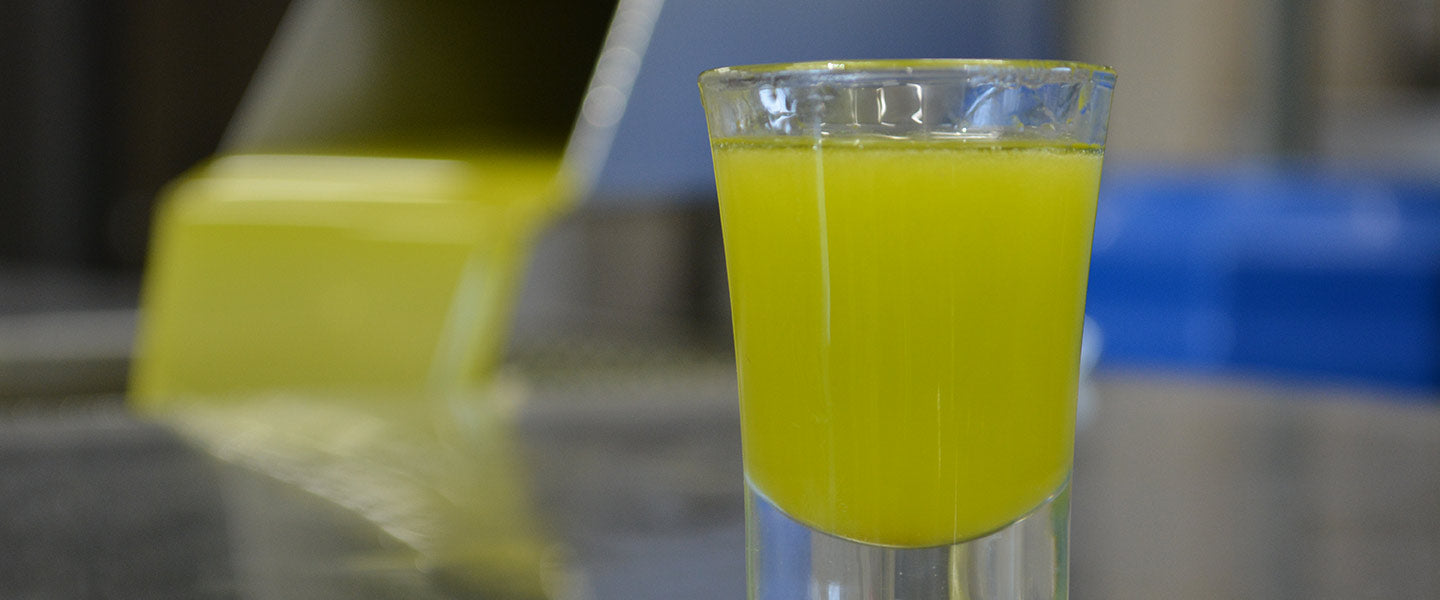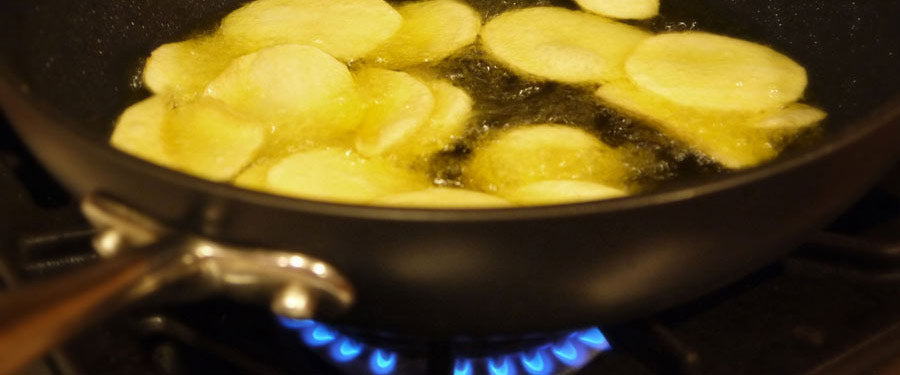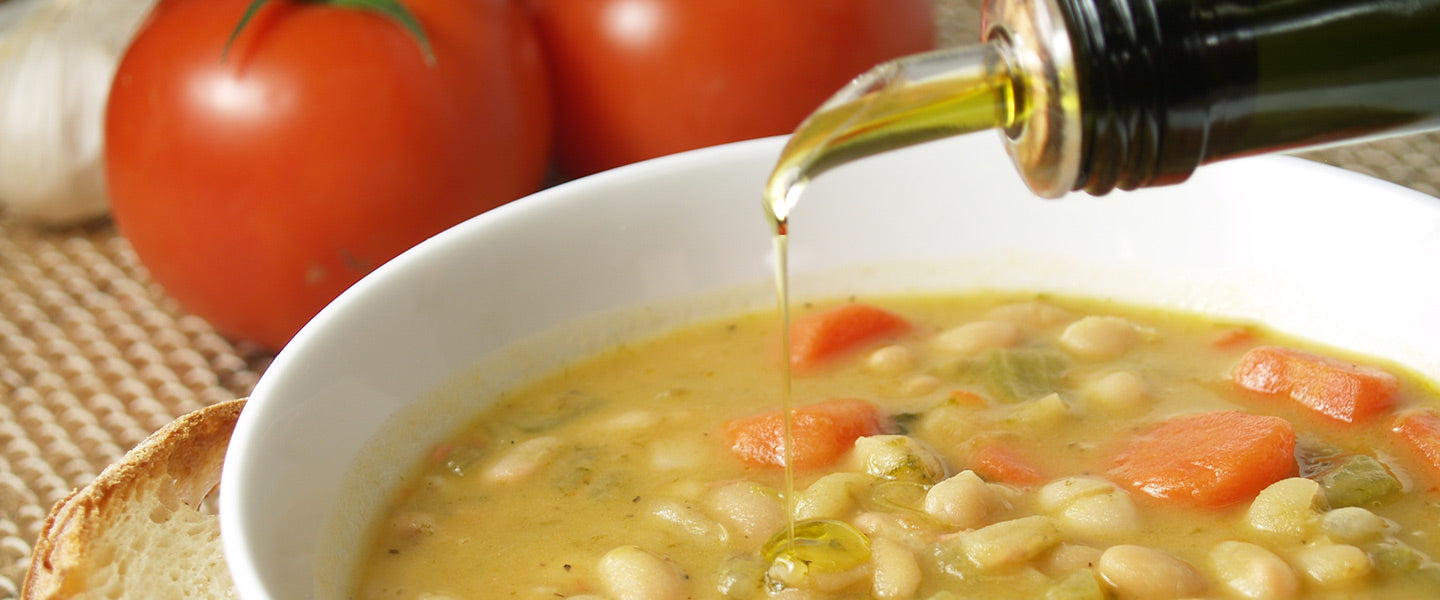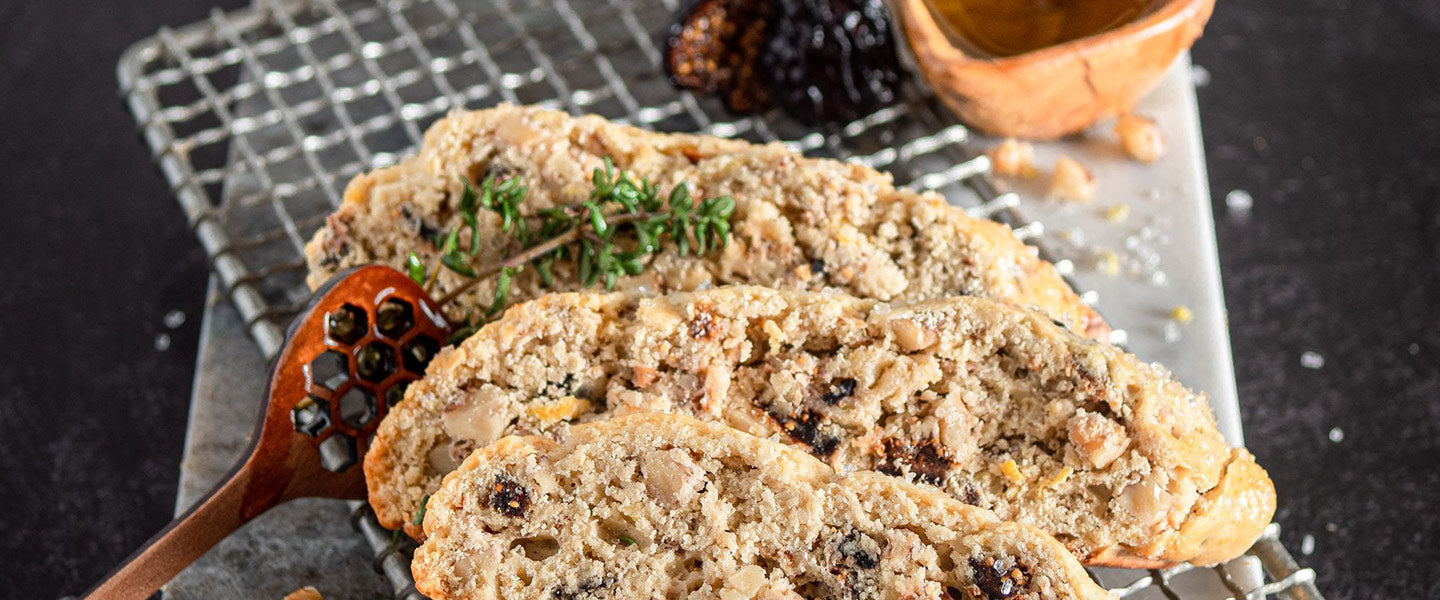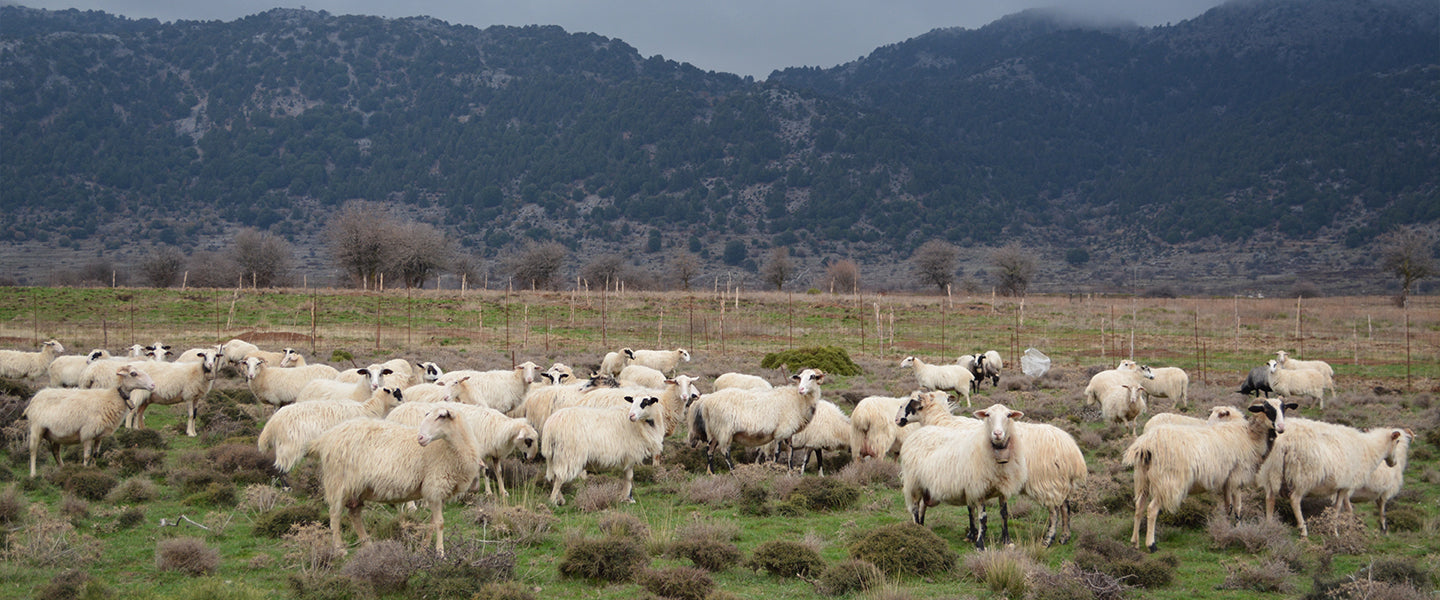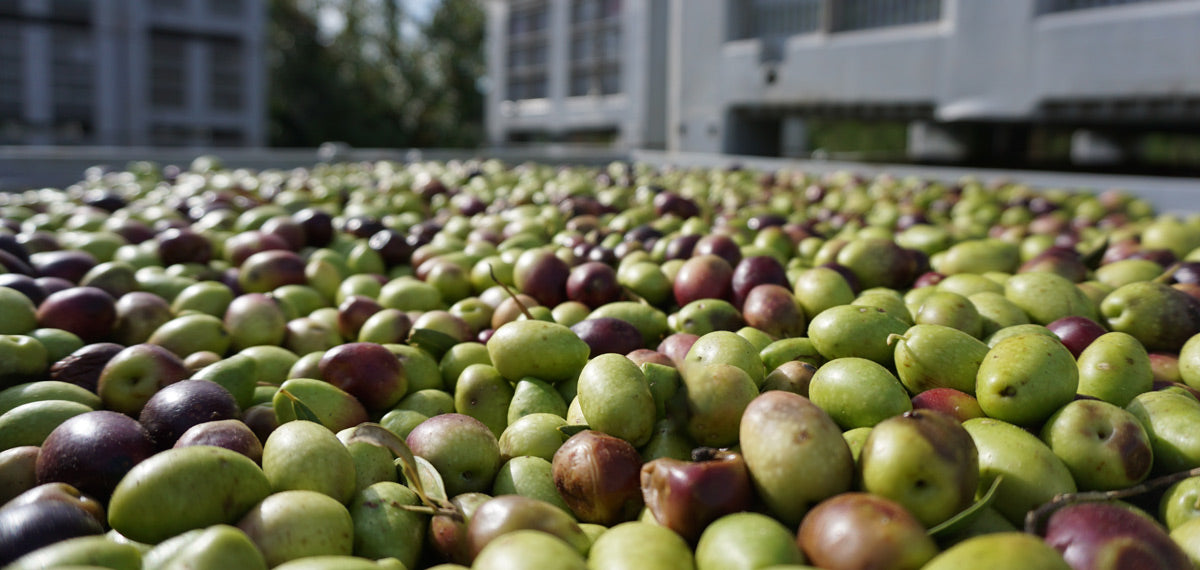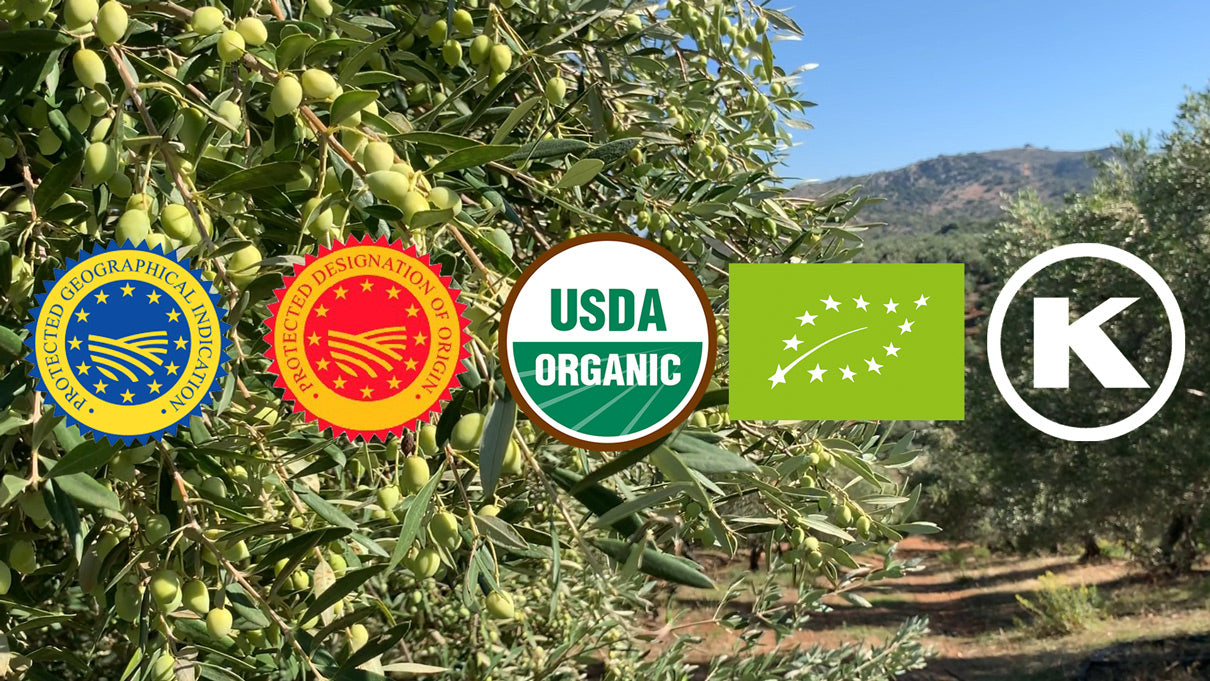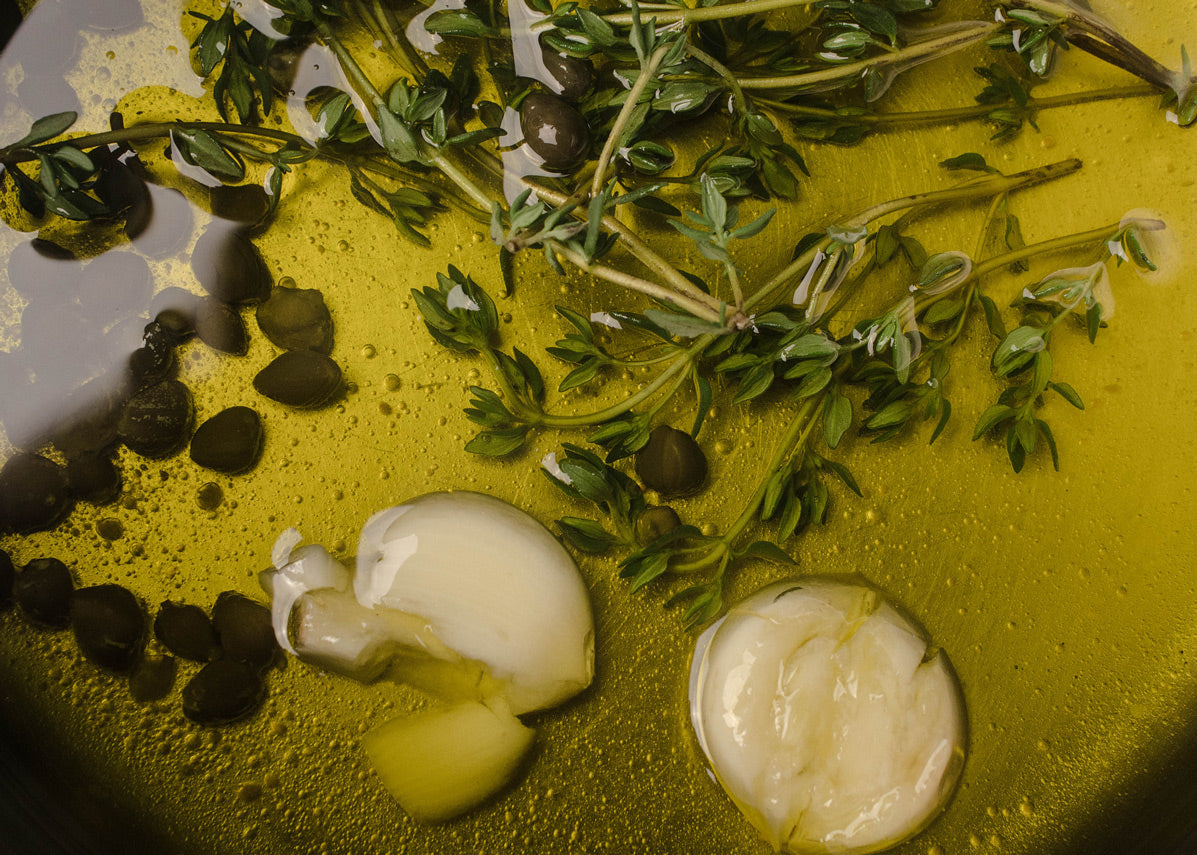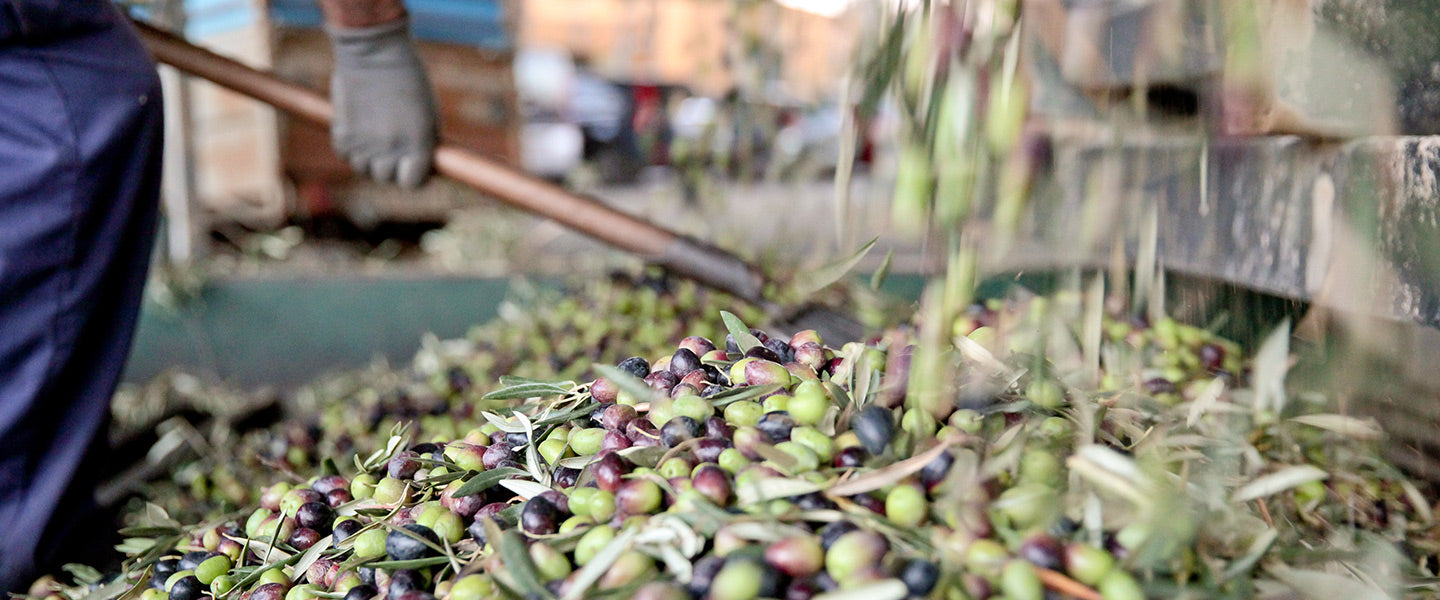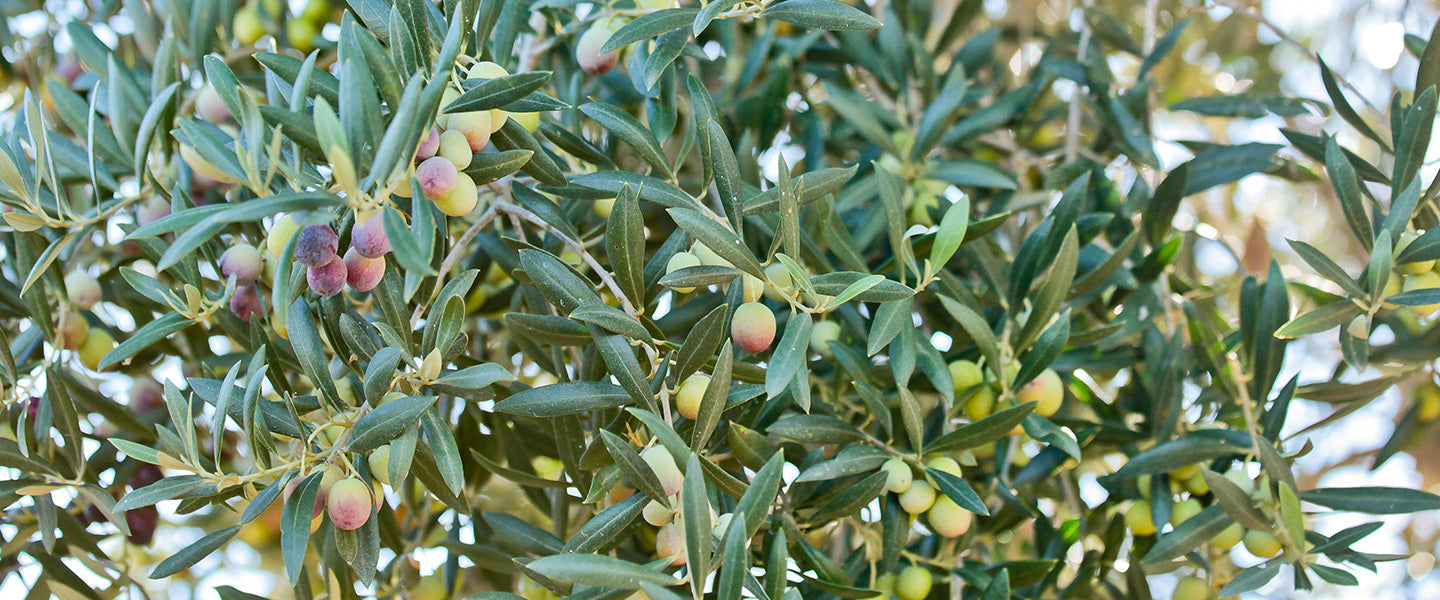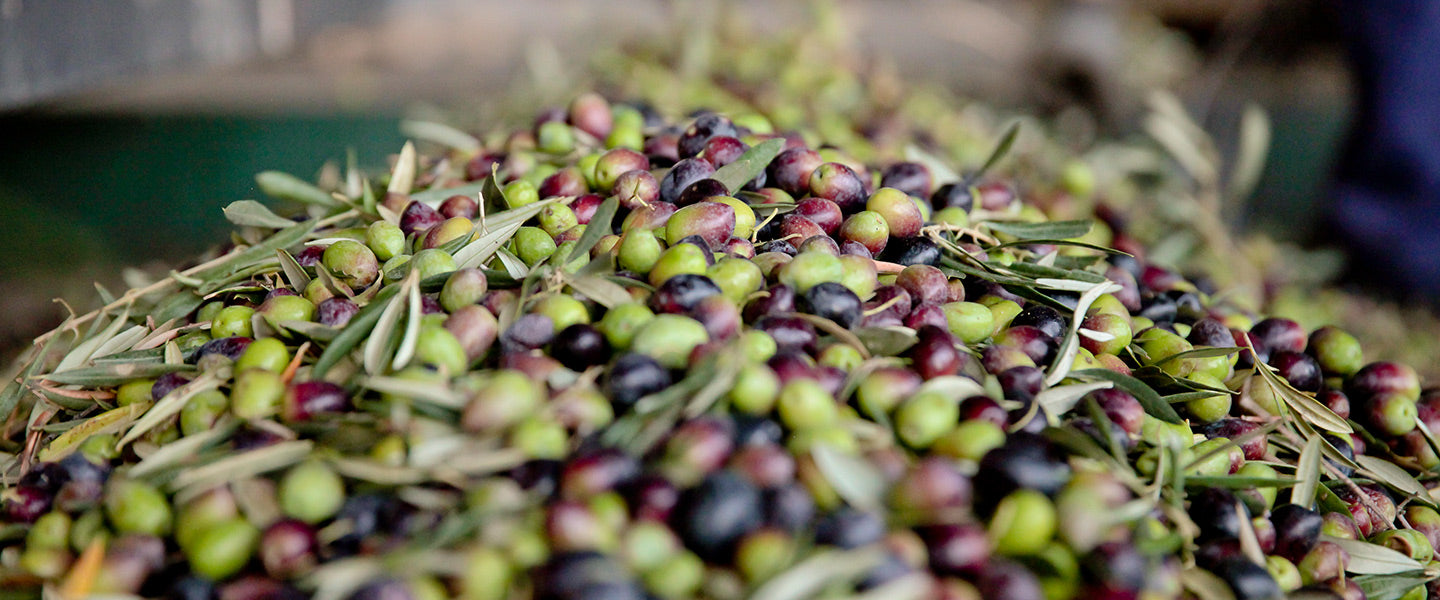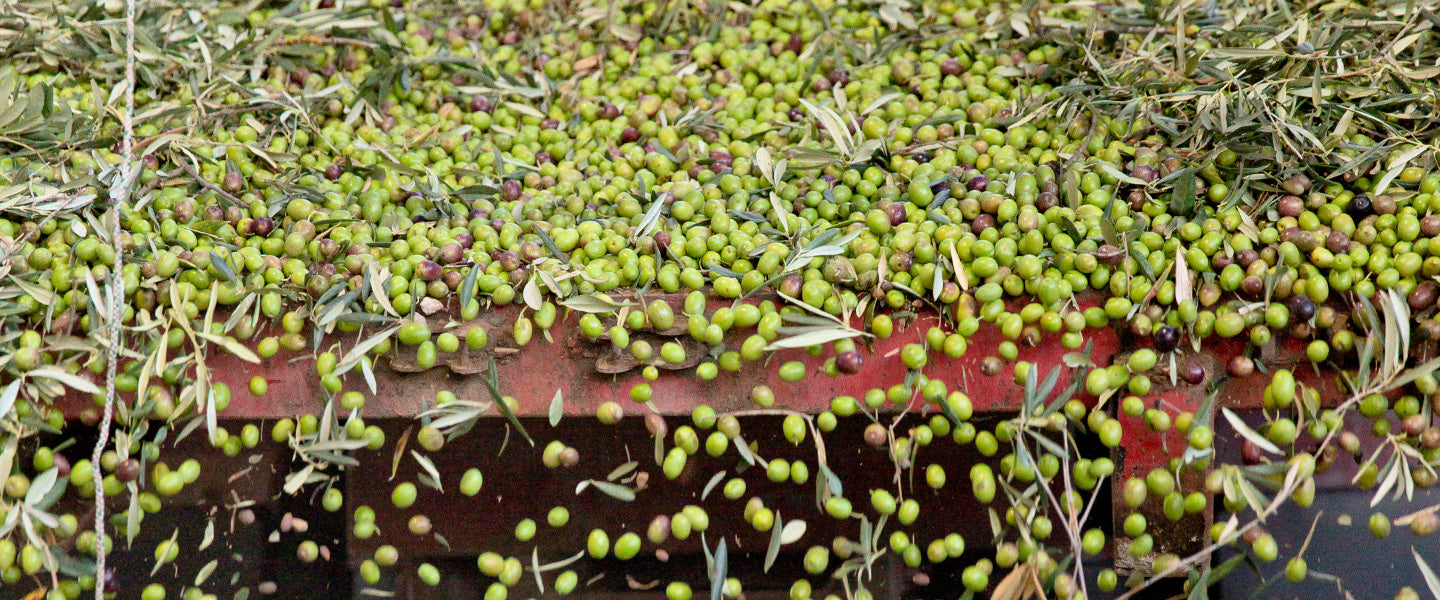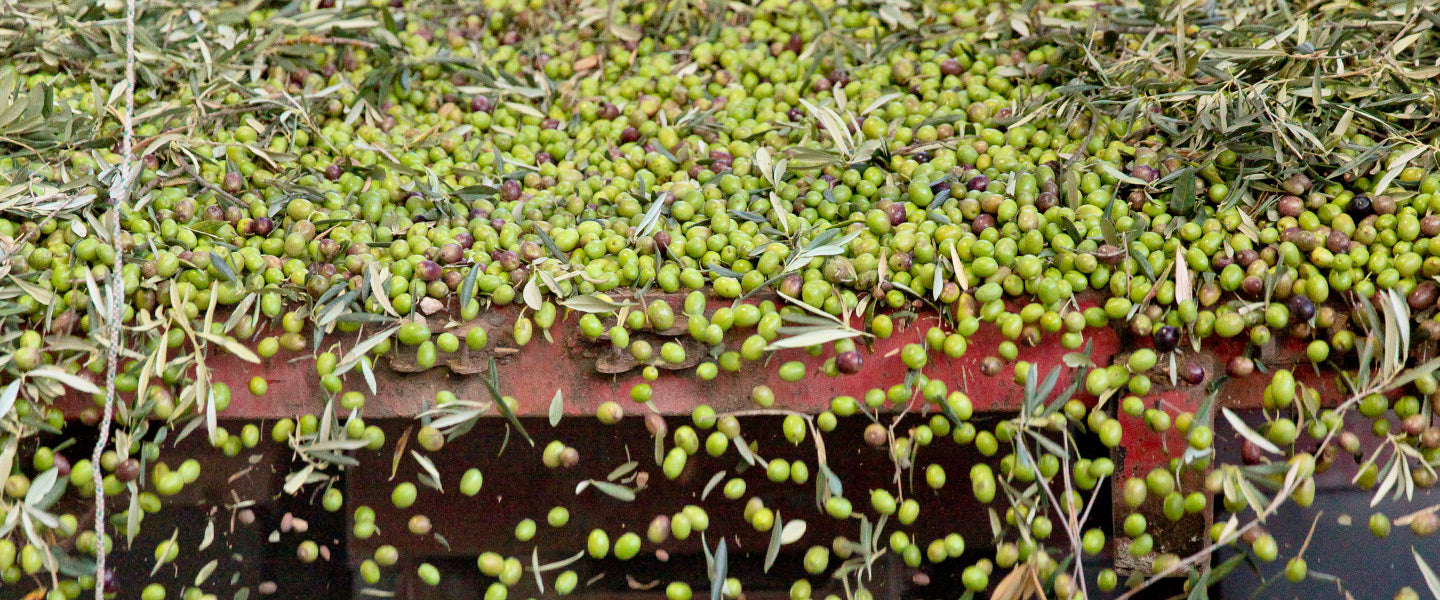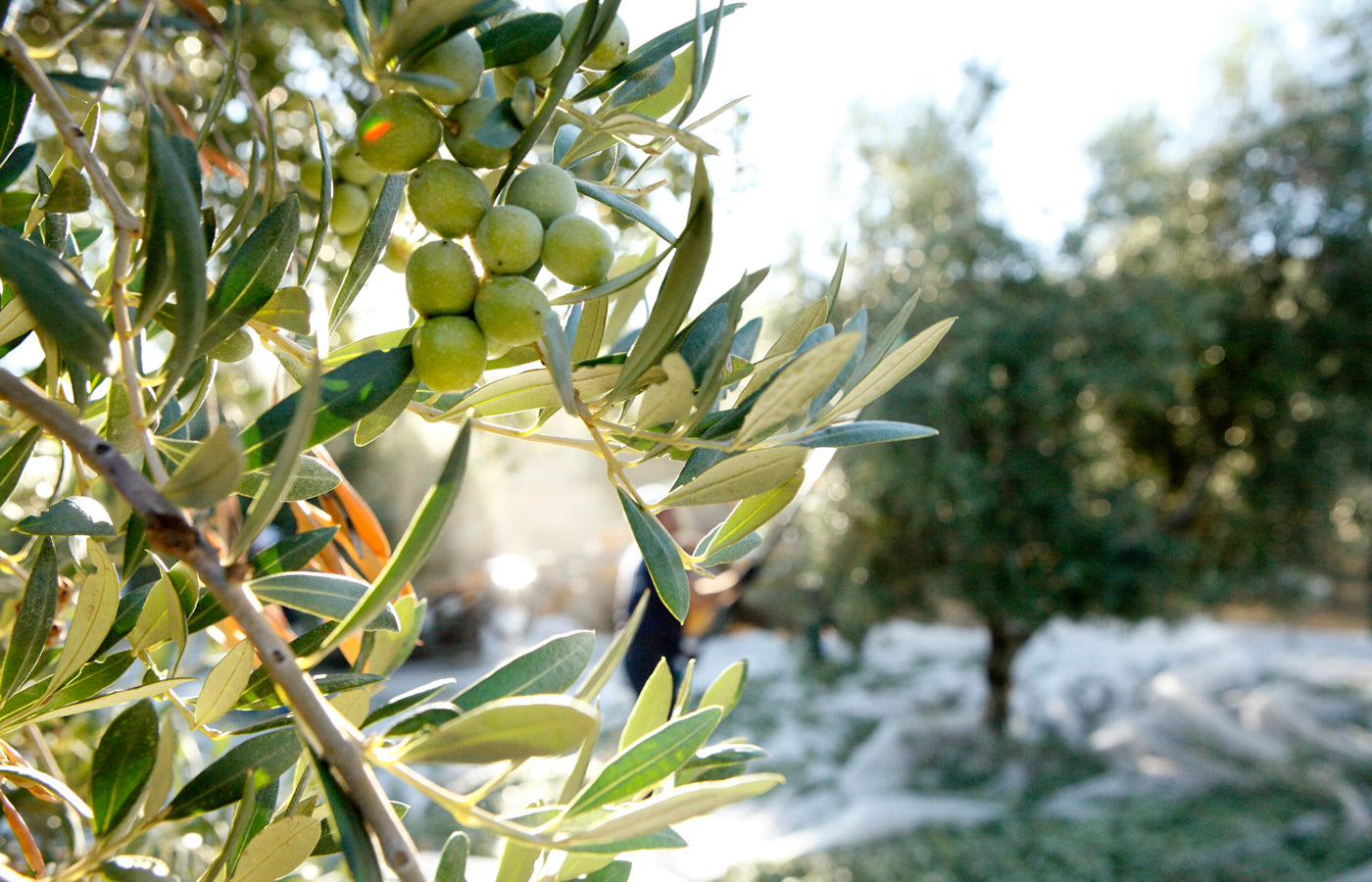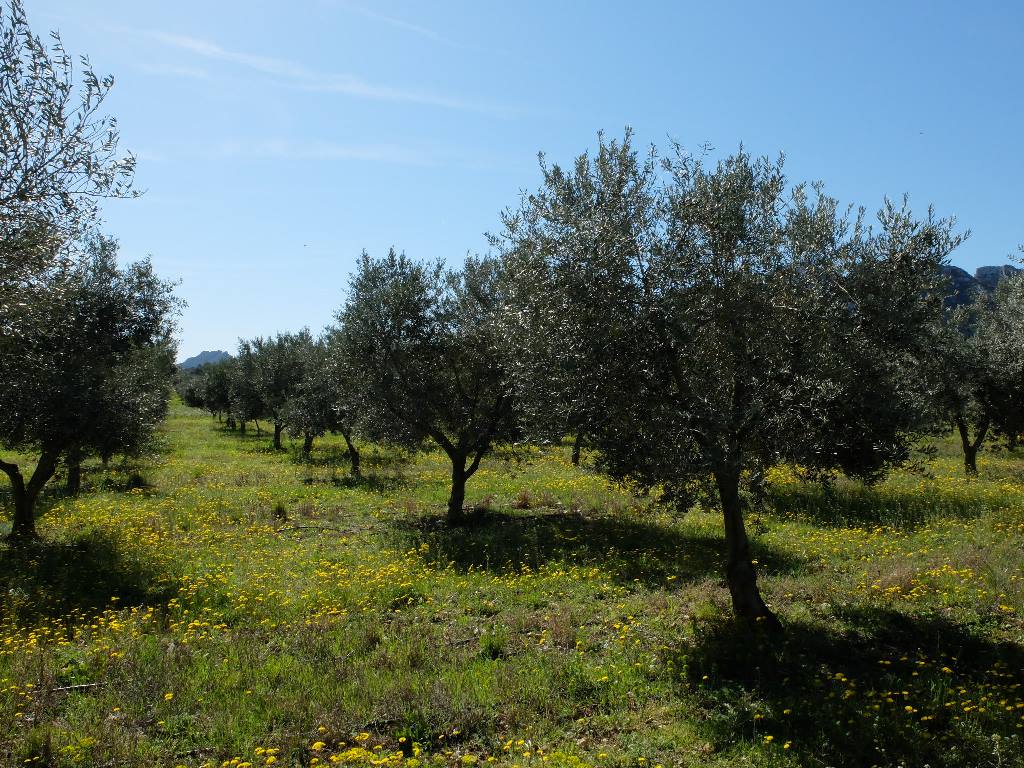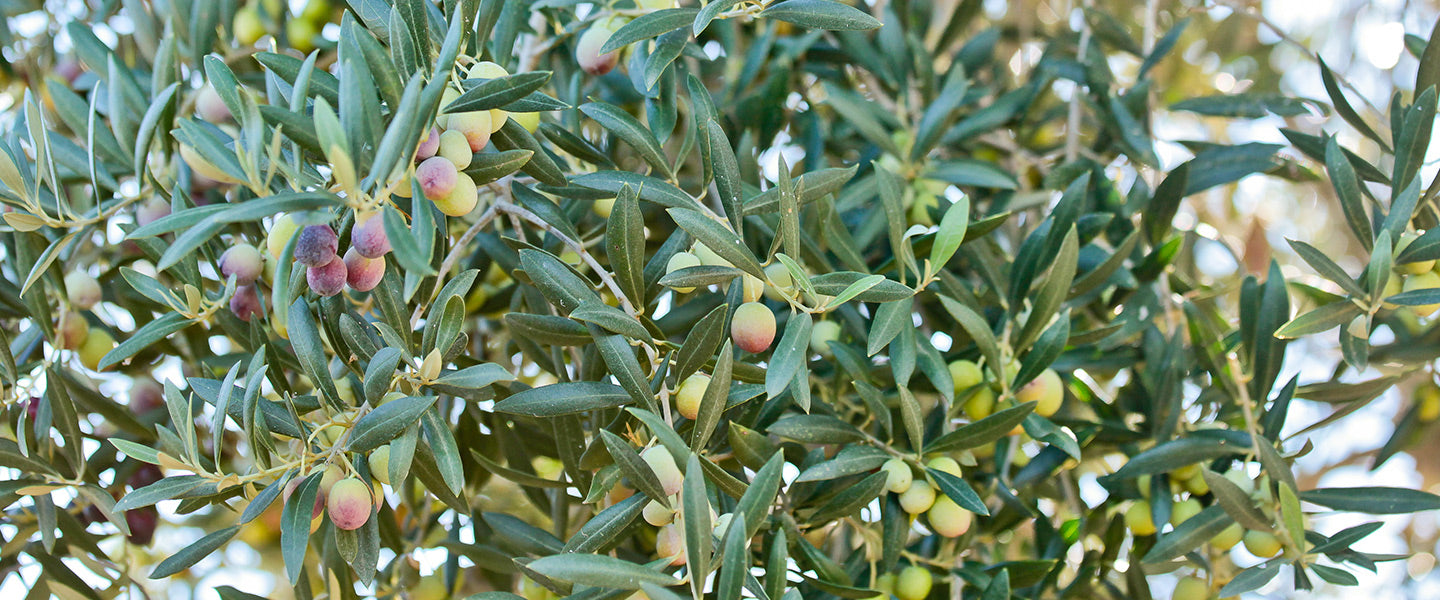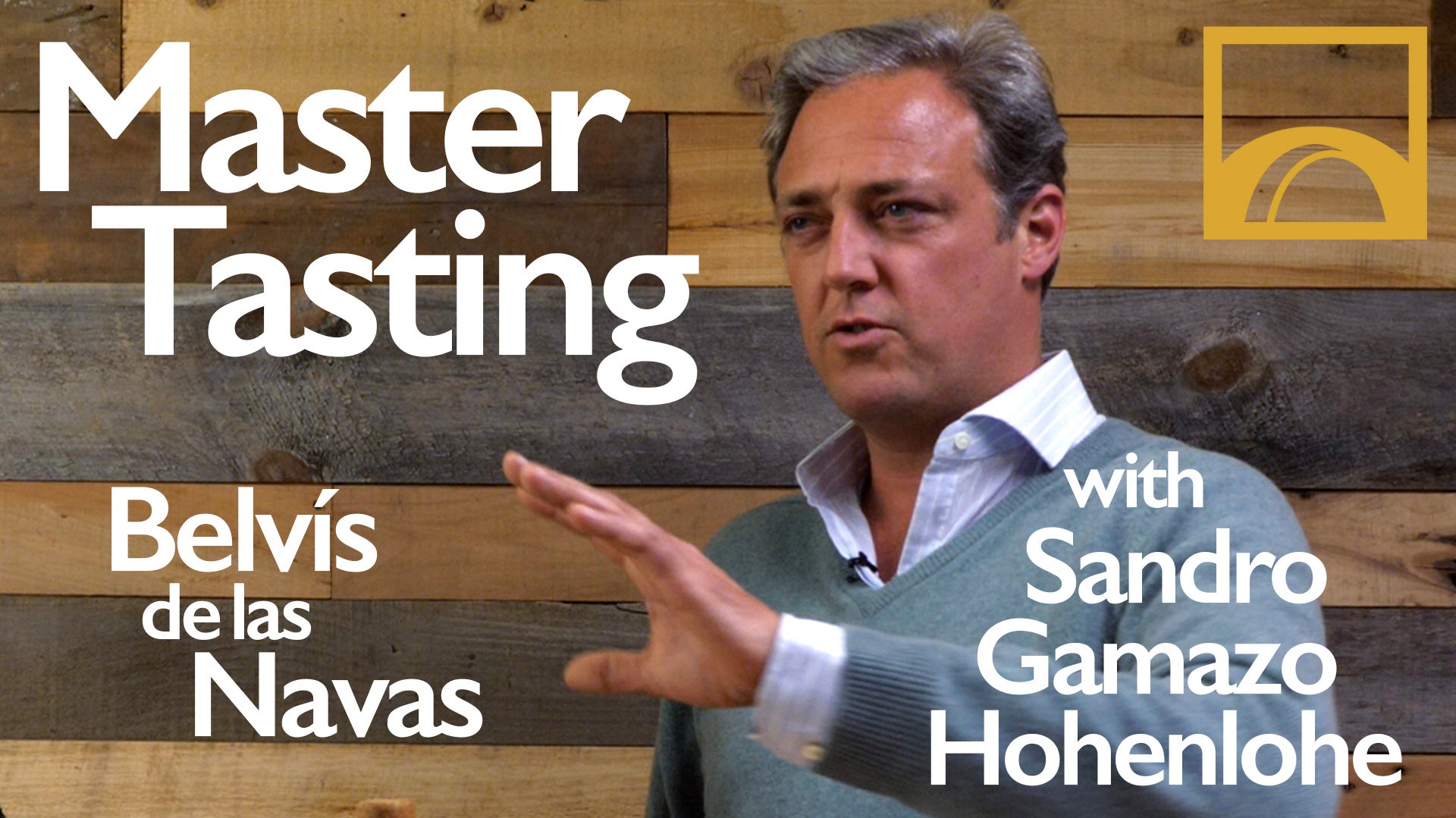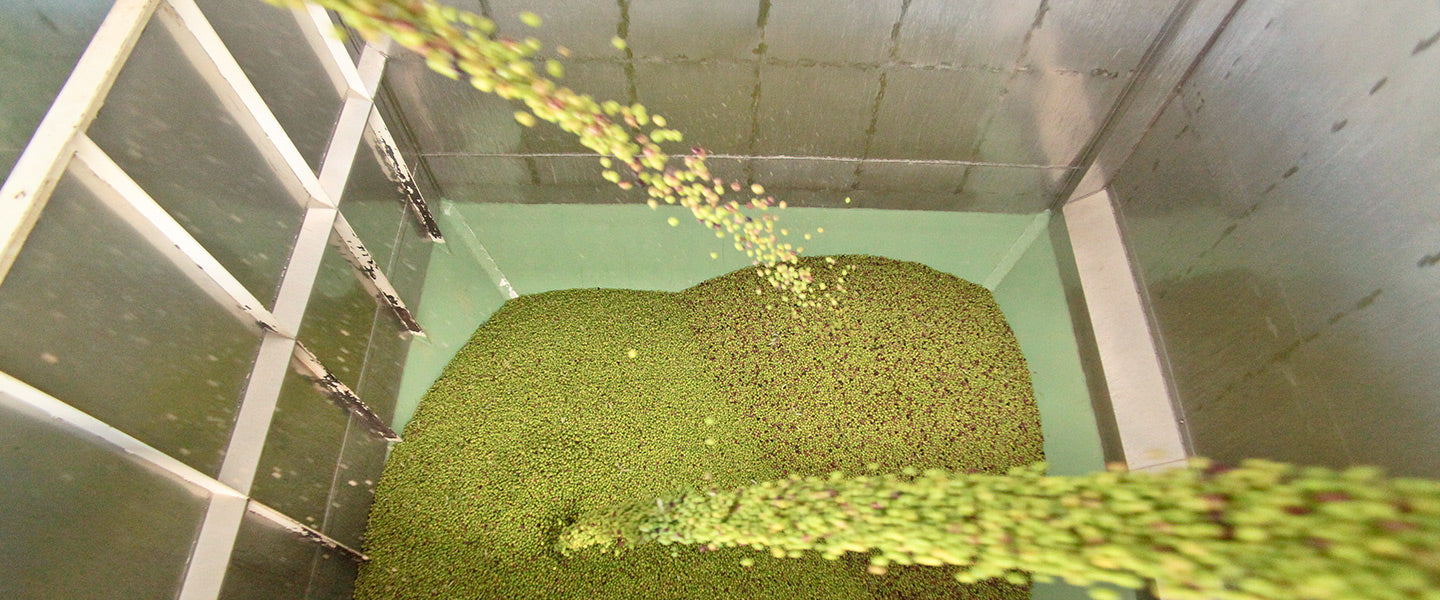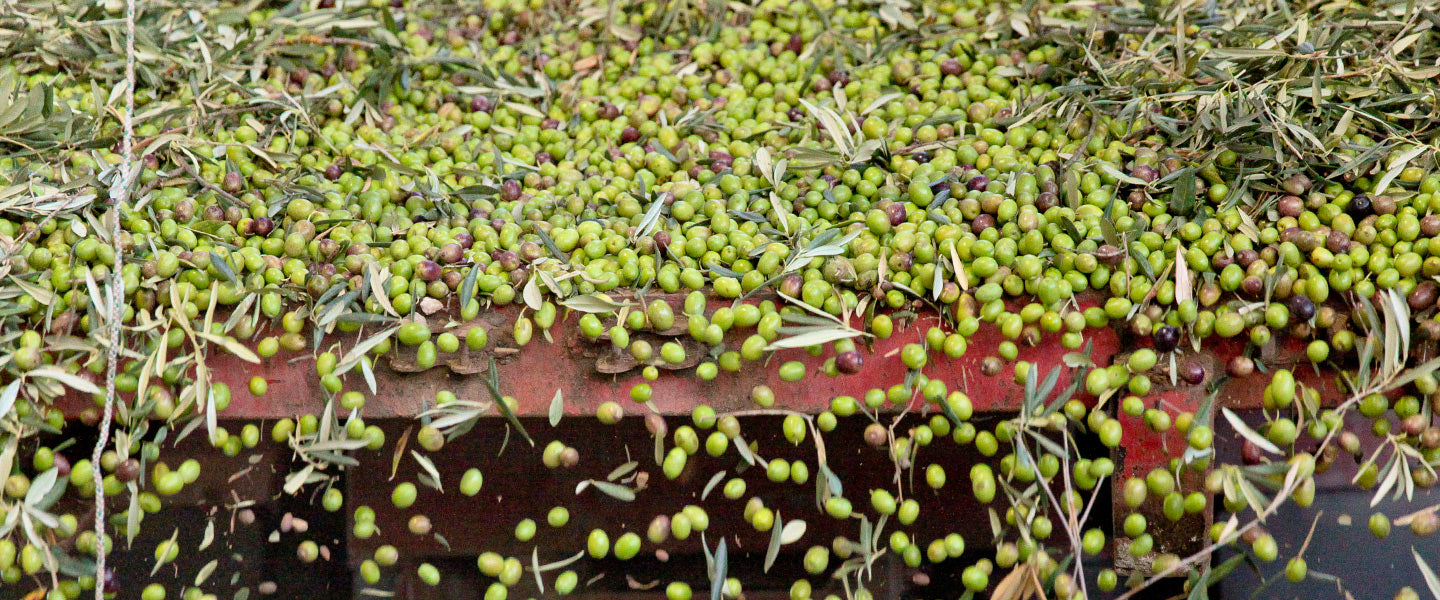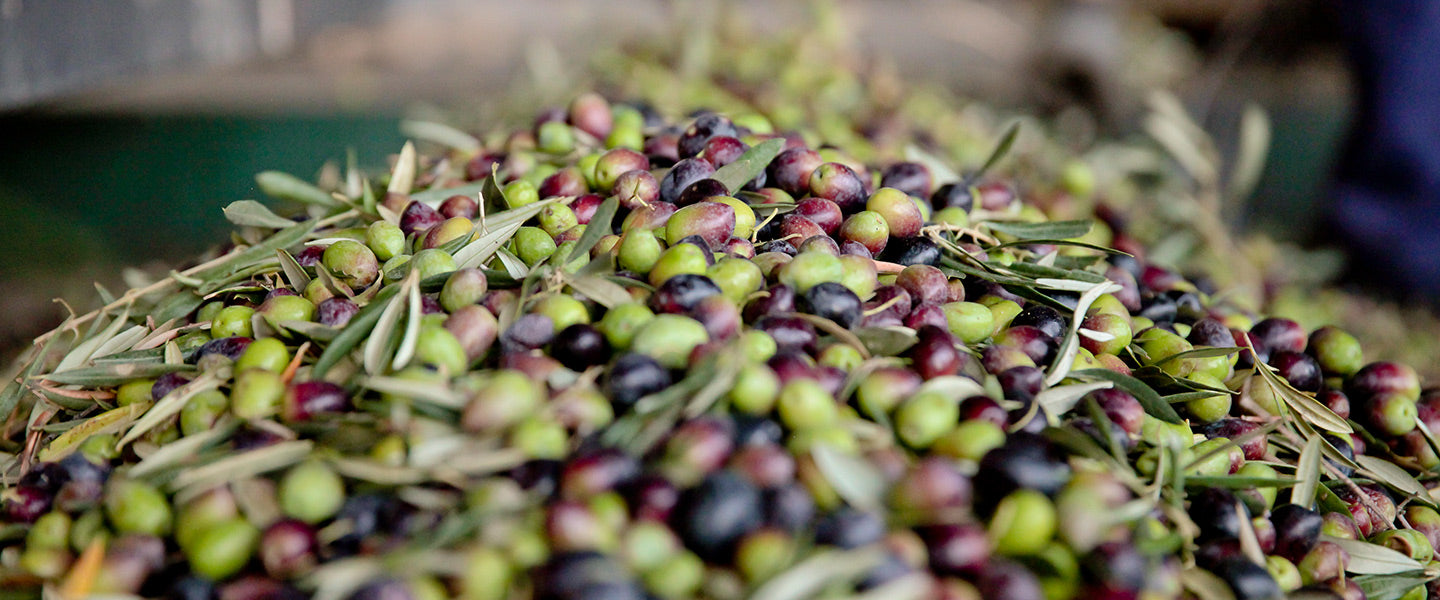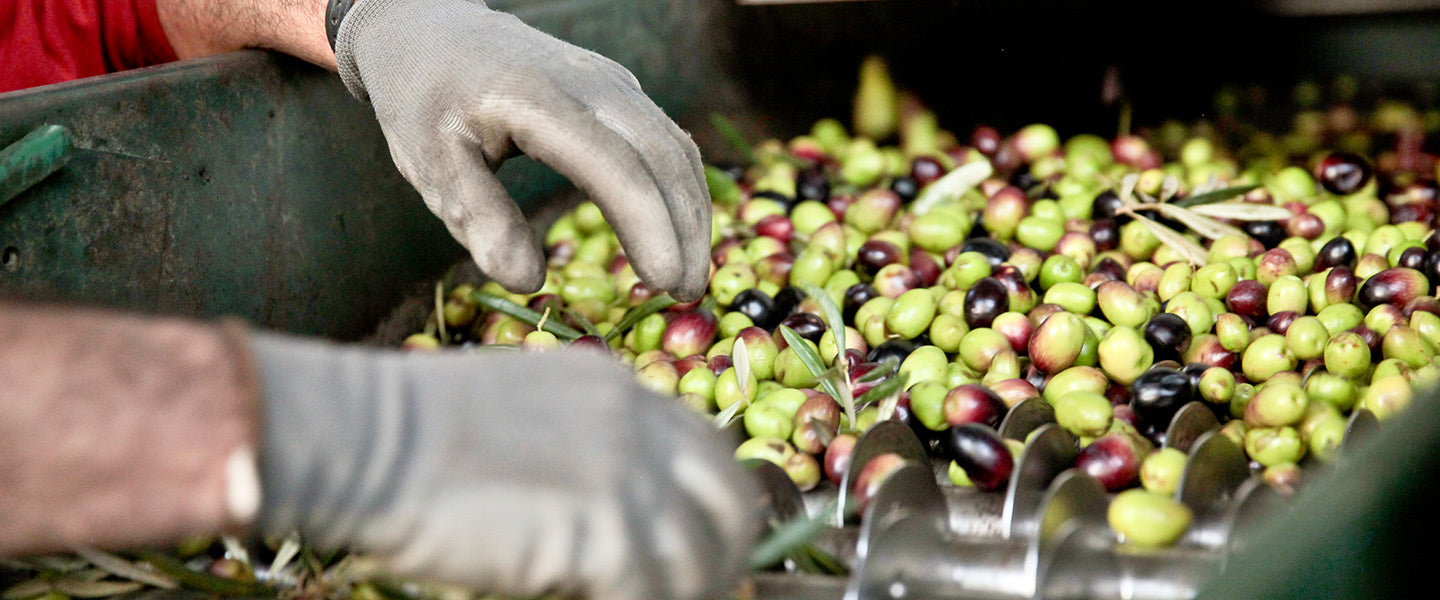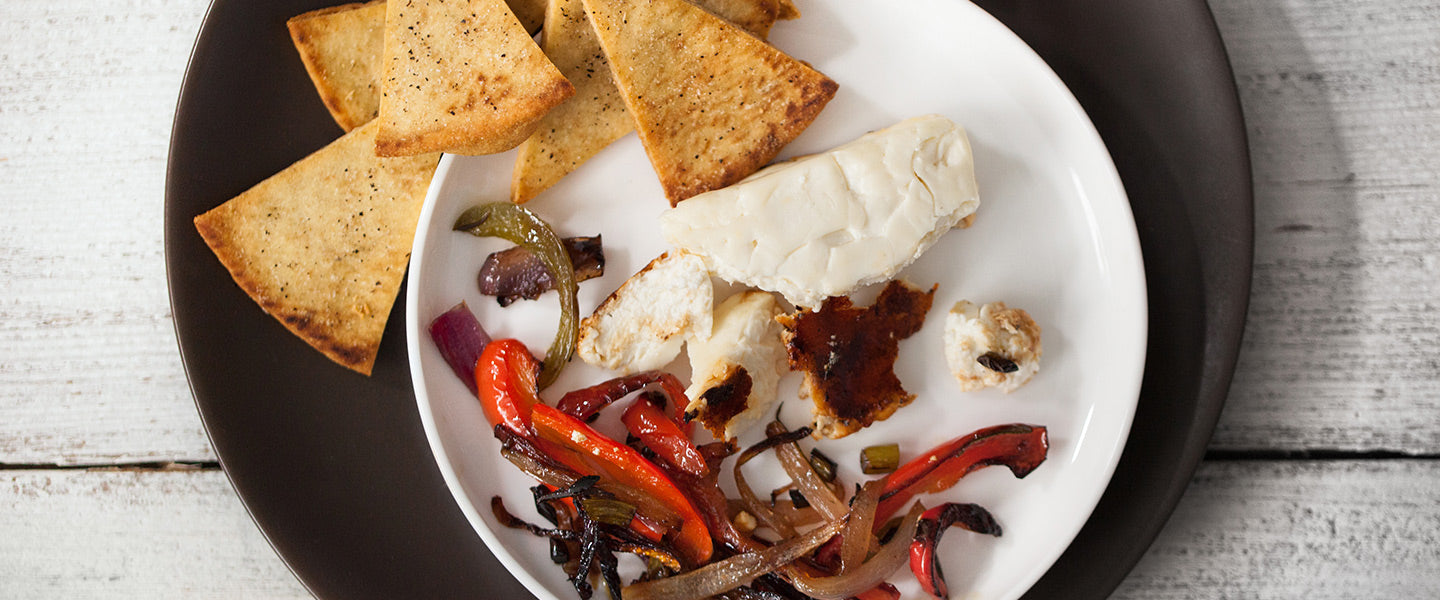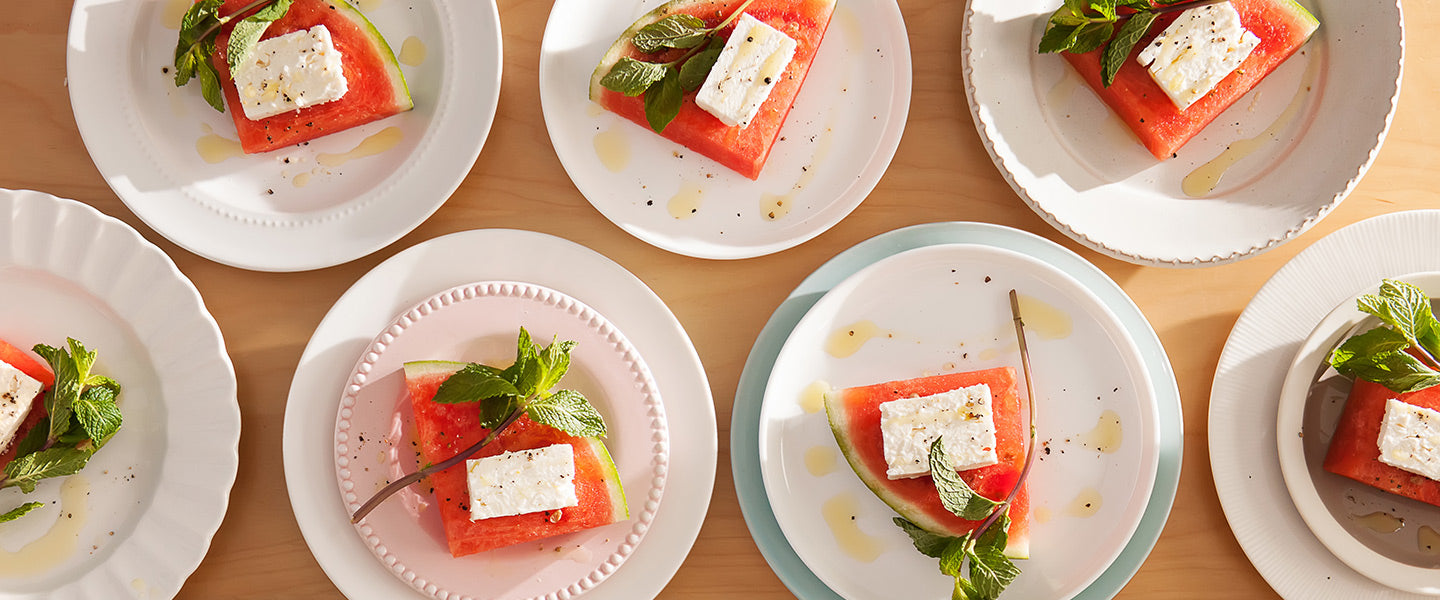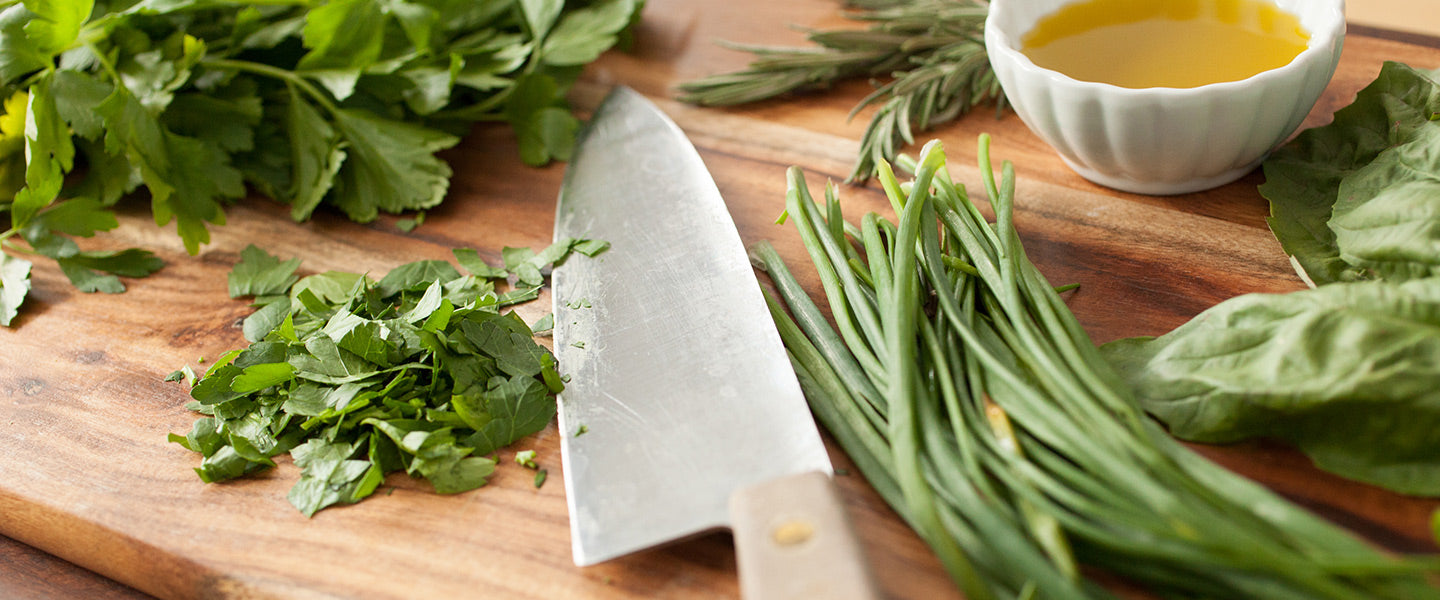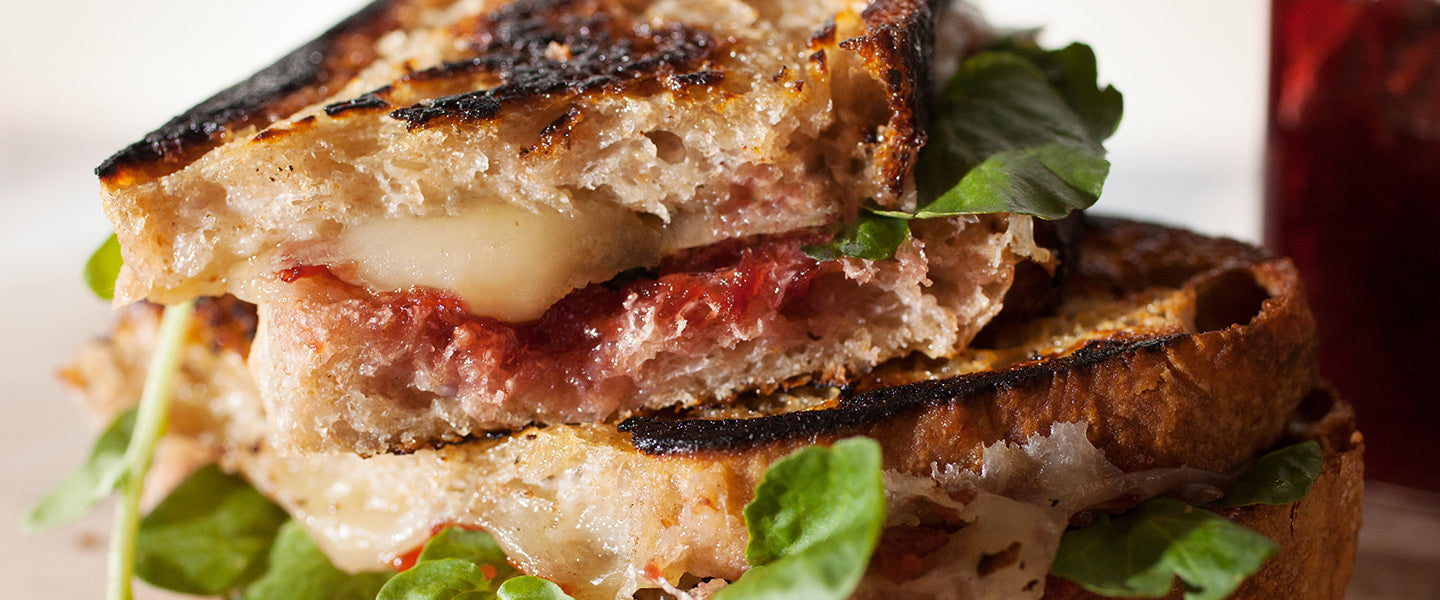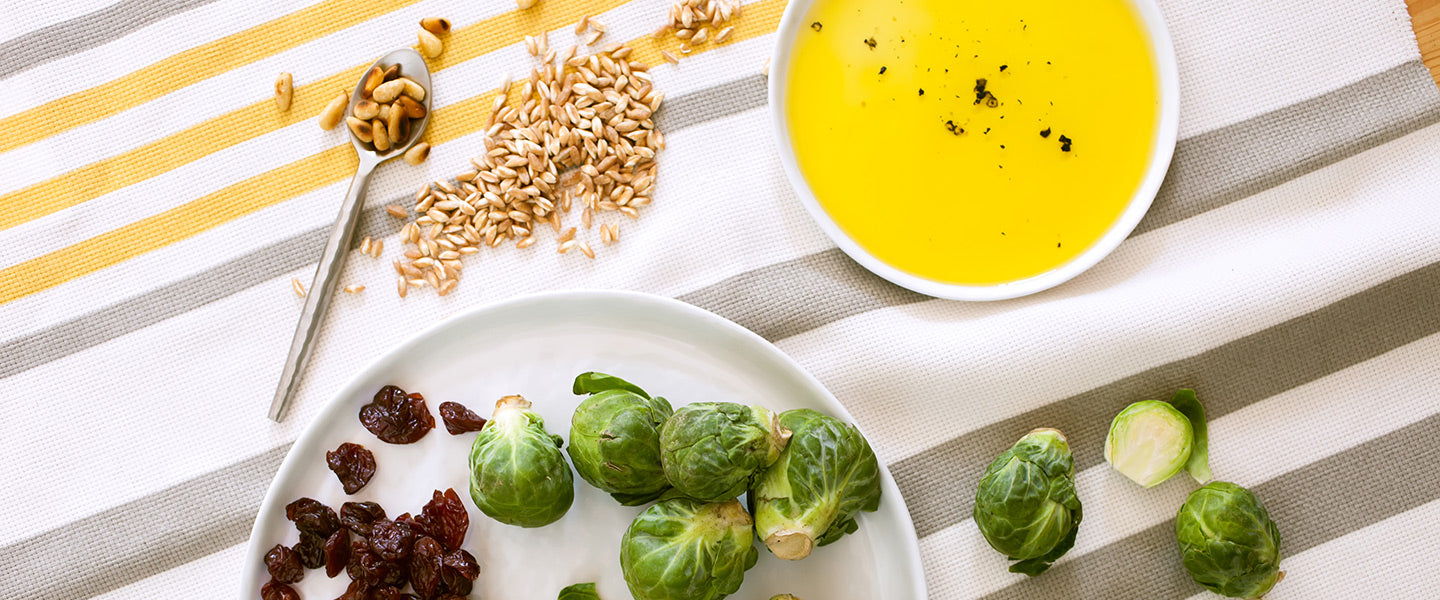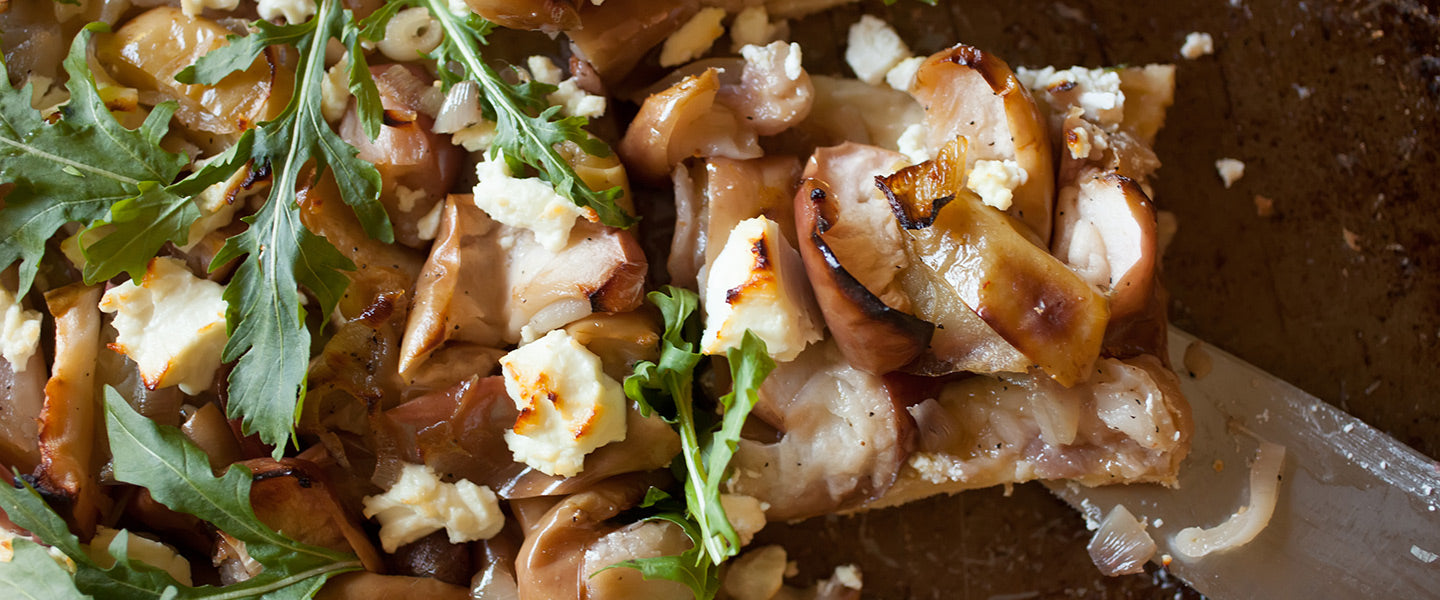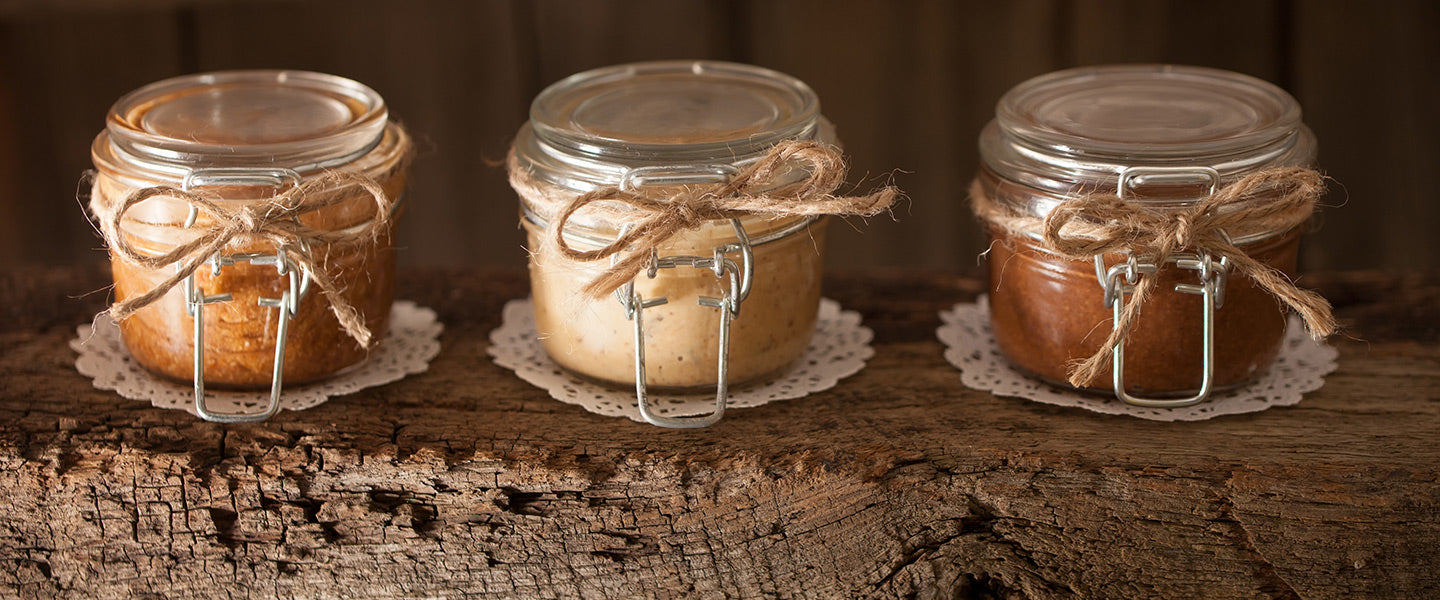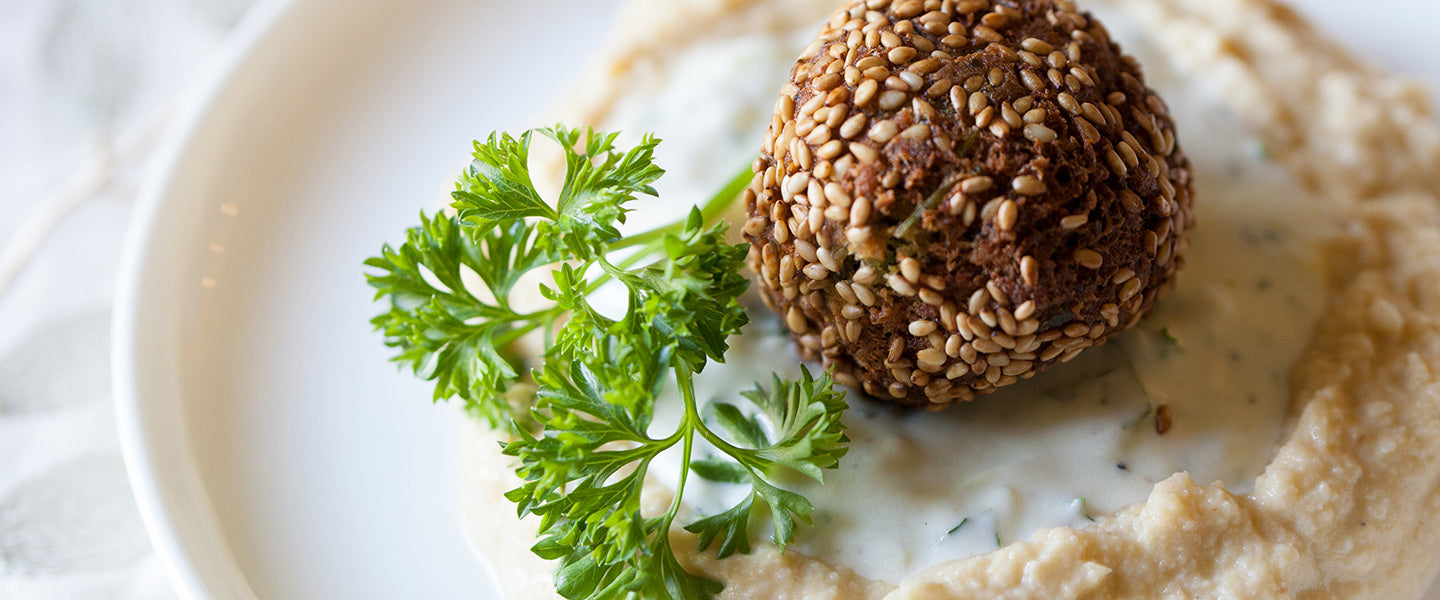- Home
- Our Journal
- About EVOO Calories in Olive Oil & Nutrition Facts
Calories in Olive Oil & Nutrition Facts
Posted by Olive Oil Lovers on
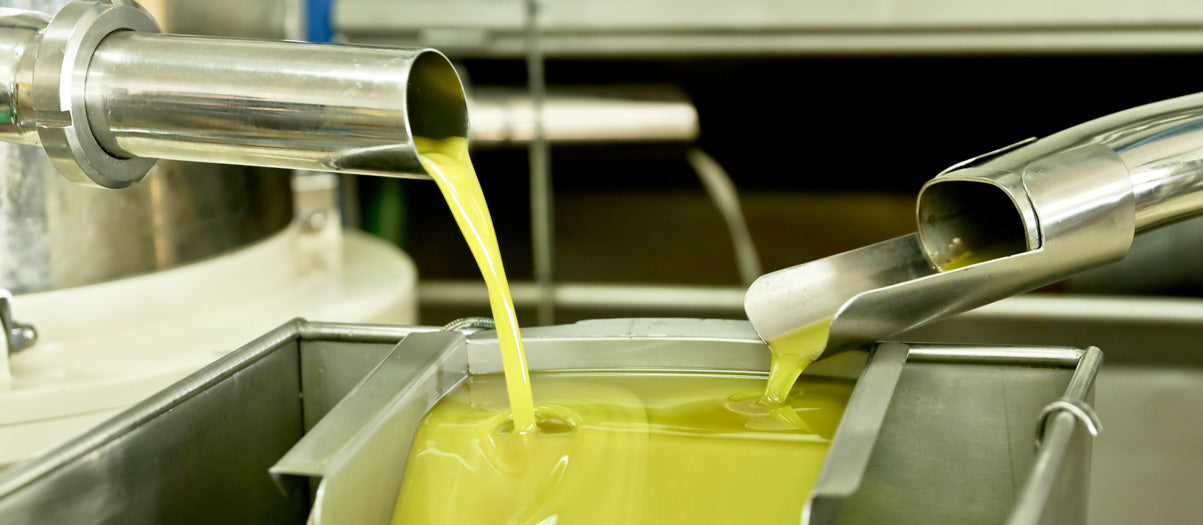
Extra virgin olive oil is one of the best edible oils with its pleasant flavor, antioxidant properties and health benefits. Of all the edible oils, extra virgin olive oil has one of the highest levels of monounsaturated fatty acids. Studies have shown that consumption of monounsaturated fatty acids reduces the body’s total cholesterol levels, which may help lower your risk of heart disease. Extra virgin olive oil is also rich in fat-soluble vitamin K and vitamin E, and is often noted for its antioxidant properties, one of the primary health benefits of olive oil.
Olive Oil Nutrition Facts
One tablespoon of olive oil (15ml) contains the following nutritional information according to the USDA:
|
Fats are an integral part of a healthy diet, and EVOO is the healthiest fat.
According to the American Heart Association, dietary fats are an essential part of a healthy diet, as fats provide energy, improve cell growth and absorption of nutrients, and create important hormones. Not only does olive oil consist mainly of healthy monounsaturated fats, but it is also the only fat that contains high levels of antioxidants known as polyphenols. This makes extra virgin olive oil without question the healthiest of all fats.
Calories in Olive Oil
Olive oil is 100% fat and contains 120 calories in 1 Tbsp (0.5 oz). Olive oil contains exactly the same number of calories as vegetable fats like canola oil and animal fats like butter.
Not All Calories are Created Equal!
While many people want to know how many calories are in olive oil, research finds that not all calories are necessarily equal. In a famous study at Middlesex Hospital in London in the 1950s, two British researchers, Professor Alan Kekwick and Dr. Gaston L.S. Pawan, tested a series of diets on overweight patients. The patients on a high-carbohydrate diet consistently gained or sustained weight, even when given limited calories. Conversely, subjects on the high-fat diet lost considerably more weight than any of the other diets, even when provided with excess calories.
A more recent study published in The Journal of the American Medical Association also challenges the notion that a "calorie is just a calorie." Led by Cara Ebbeling, PhD, associate director and David Ludwig, MD, director of the New Balance Foundation Obesity Prevention Center at Boston Children's Hospital, the purpose of the study was to learn what kind of diet helped people maintain their new weight after successfully losing weight. The results indicated that a low-fat diet predicts weight regain, while diets featuring a moderate to high percentage of calories from fat both increased subjects’ energy expenditure and reduced the surge in their blood sugar after eating, making these diets preferable to a low-fat diet for those trying to achieve lasting weight loss.
How to Avoid Excess Weight Gain
Eating excess calories is only one reason for becoming overweight. Incorporating extra virgin olive oil into your diet can help counteract other factors responsible for fat buildup.
- Adding EVOO to your diet provides your body with important nutrients and all the healthy fats it needs, thus reducing the cravings that lead to nutrient-empty foods like soft drinks, cookies and breads.
- By emphasizing nutrient-rich extra virgin olive oil alongside vegetables and protein in your diet, you can avoid excess consumption of weight-inducing sugars and grains.
- Consumption of man-made trans fats found in hydrogenated and refined vegetable oils interferes with numerous biochemical processes in the body and can cause serious health problems and contribute to weight gain. Using EVOO instead can begin reversing the negative effects of trans fats.
Many people consume EVOO strictly for its antioxidant power, but beyond that, the nutritional value of olive oil makes you full and satisfied. By feeding your body the healthy fats it needs and increasing your intake of olive oil, research shows you will feel more full for a longer period of time and be less tempted to overeat, making extra virgin olive oil an important aid in weight loss and improved health for adults and kids alike.










